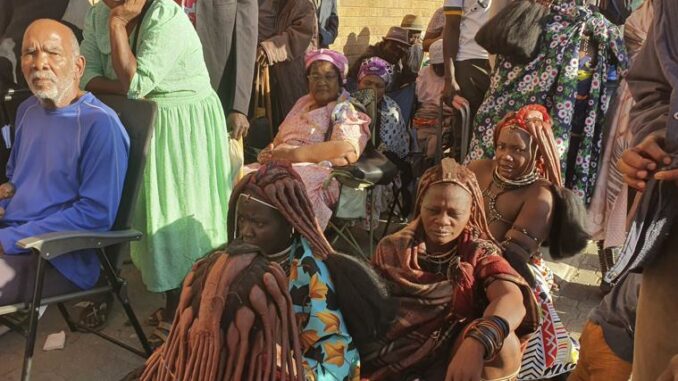
Electoral authorities process ballots following unprecedented voter participation in watershed Namibian elections, marking potential transformation in national politics. The contest generates exceptional public engagement, particularly among youthful demographics representing nearly two-thirds of registered voters.
The South West Africa People’s Organization faces its most significant electoral challenge since securing independence from apartheid rule. The longtime governing party presents historic candidacy through Vice President Netumbo Nandi-Ndaitwah, positioning her for potential breakthrough as first female national leader.
Substantial youth turnout reflects mounting frustration regarding persistent economic challenges, including widespread unemployment and perceived systemic inequalities. This demographic shift potentially threatens established political dynamics, introducing uncertainty into traditionally predictable electoral outcomes.
Electoral regulations mandate absolute majority requirement for presidential victory, establishing possibility for subsequent runoff competition. The process highlights evolving democratic institutions while testing traditional power structures within Namibian society.
Extended queuing periods at polling locations throughout Election Day underscore intense public interest and participation levels. Initial assessments indicate robust turnout figures, suggesting strong civic engagement across demographic categories.
The electoral process represents critical juncture in national development, balancing established governance patterns against emerging social demands. Political analysts note particular significance regarding youth involvement and potential implications for traditional party dominance.
Results anticipation generates considerable public interest as vote counting proceeds under established protocols. The outcome carries substantial implications for regional political dynamics while potentially establishing new parameters for democratic participation within southern African context.
